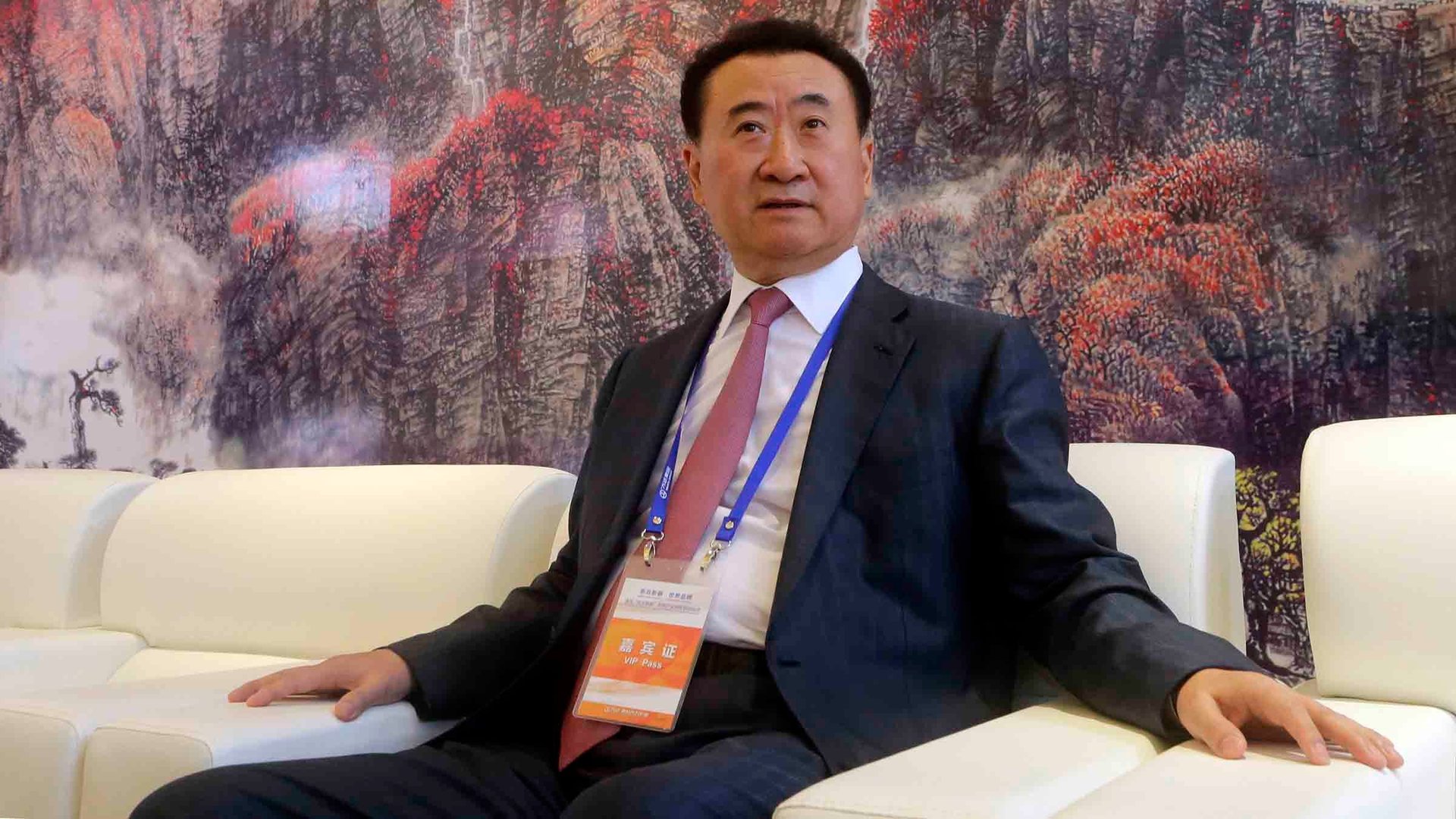Wanda’s purchase of Legendary shows how Hollywood is moving closer to China
Wang Jianlin, the richest man in China, and by some measures the richest in Asia, became the owner of the Hollywood film studio Legendary Entertainment today (Jan. 12), through his Dalian Wanda group.


Wang Jianlin, the richest man in China, and by some measures the richest in Asia, became the owner of the Hollywood film studio Legendary Entertainment today (Jan. 12), through his Dalian Wanda group.
The purchase of Legendary, the studio behind blockbusters like Jurassic World, Batman Begins, and The Hangover, by Wanda, a commercial real estate giant, represents the first ever purchase of a major Hollywood studio by a Chinese enterprise. But it isn’t likely to be the last.
Hollywood insiders have been speculating for years about when a Chinese company would eventually buy up a Hollywood studio, and last year Wanda was rumored to be eyeing DreamWorks Animation, Lionsgate, or even MGM. In 2012 Wanda became the biggest theater group in the world after buying AMC theaters, a major US chain.
According to Dealogic data, there have been around a dozen investments by Chinese companies in US movie companies. Most of these investments have been very small, and Wanda is the investor behind the top three (two and three are movie theater chains).
Numbers four and five show Digital Domain, a special effects production company started by James Cameron, being bought twice, once by a Beijing company in 2012 and then by a Hong Kong-based business in 2013.
Most of the rest of the deals are small-time purchases such as Chinese businesses buying US theaters, with the exception of a $200 million investment in Studio 8 (paywall), a new studio launched by a former Warner Bros. chief. That investment was made by China’s Fosun Group, a major financial conglomerate.
These acquisitions seem to point to Chinese companies acquiring know-how, by buying up US businesses that they can learn from. That makes a lot of sense given the rate at which China’s domestic market is growing. US businesses have been eager jump in to China, too:
Investments made into China by US companies however seem to be aimed at either getting around China’s restrictions on the number of foreign-made films it screens in its theaters each year, or at simply earning a return on its investment.
Given the size and the significance of the Legendary deal—described as the purchase of a controlling stake for $3.5 billion—and the close ties between Wanda and China’s political elite (paywall), some are already concerned that Wanda’s buyout could come with strings attached (paywall) for a major Hollywood production company.
Admittedly, Wang has told the media in the past that US film studios will have to produce films that Chinese censors can accept, if they wish to profit from China’s fast-growing movie market. But that remains true whether they’re owned by a Chinese billionaire or not.